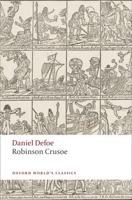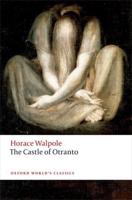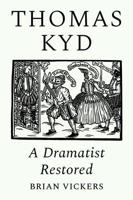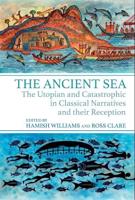Publisher's Synopsis
The Enlightenment is regarded as a crucial process and period of development in European cultural history, which made the formation of modern, secular societies possible in the first place. What constitutes the specifics of Austrian Enlightenment? Why and to what extent does their popular public differ from the scholarly public of German Enlightenment? Why are there hardly any 'great' literary educational texts in Austria? On the basis of rich historical material, the book shows that this process was delayed in Austria in the 18th century and especially in its capital Vienna and then accelerated. The hasty and finally stalled 'catching-up movement' led to characteristics of Austrian culture that had a long-term effect, for which the book presents pointed theses and theories. Based on the economic, political, social, media and cultural framework, important debates of this time are presented and historically contextualized. The presentation concludes with a critical reading of three exemplary texts, including the libretto of the 'Magic Flute', which characteristically reflects the contradictory tendencies of the epoch.










